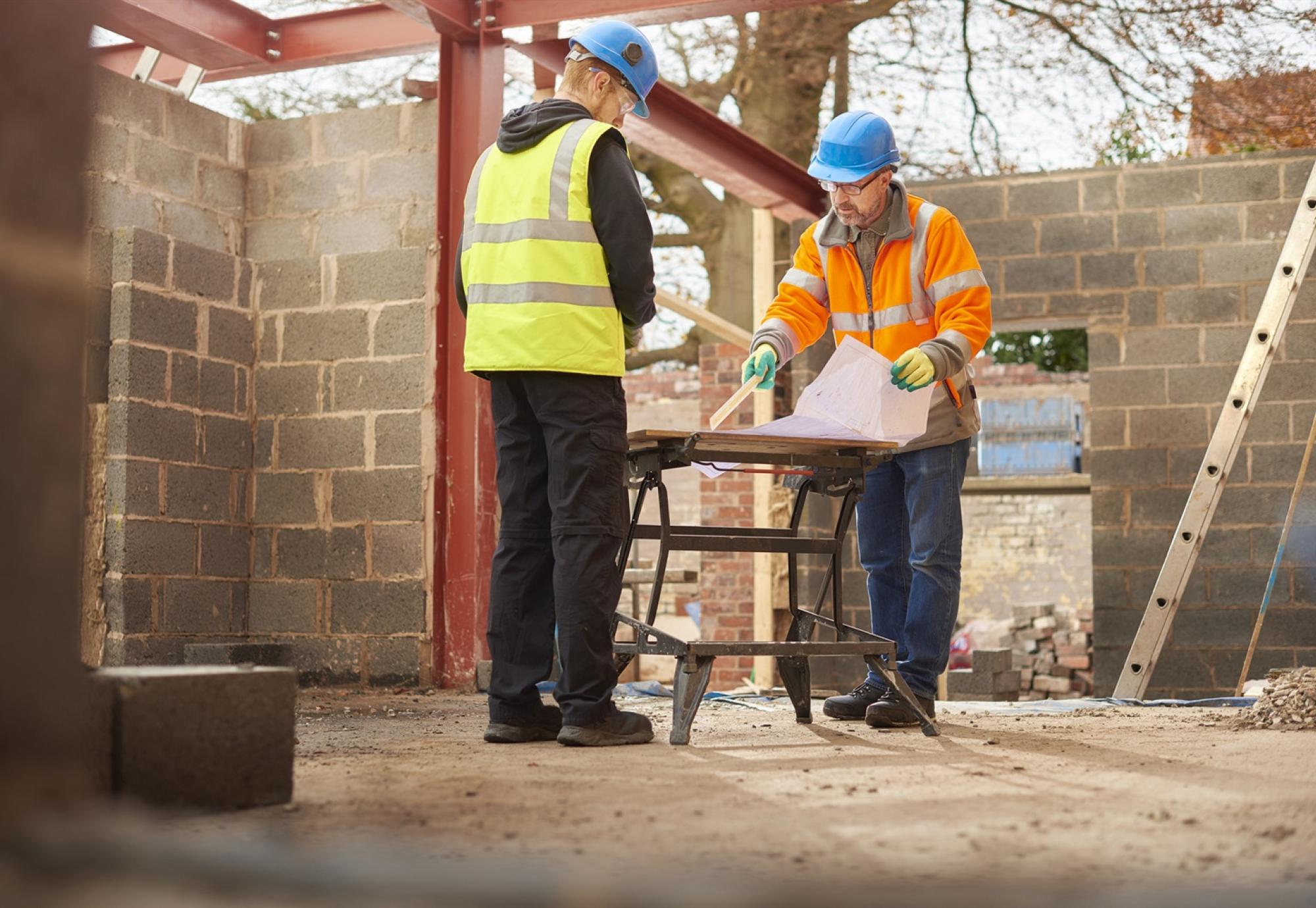Housing Secretary Robert Jenrick has launched a set of ‘landmark reforms’ today (Aug 6) aiming to speed up and modernise the planning system and boost economic recovery.
Planning for the future outlines plans to streamline the ‘outdated’ system by cutting red rape and making use of technology to deliver homes faster.
Under new plans, land will be categorised into areas suitable for growth, renewal or protection, with pre-approved guidelines, creating a new vision for England’s planning system.
The changes will look to support SME builders, who currently get left behind thanks to the planning process, with small builders responsible for only 12% of new builds today, compared to 40% thirty years ago.
Agreements made in the local community will be at the heart of proposals, with every area having a local plan in place and community consultation from the beginning.
The move will enable ‘much-needed’ homes to be build quicker and to a ’zero carbon ready’ standard, with no new homes under this system needing to be retrofitted.
Housing Secretary Rt Hon Robert Jenrick MP said:
“Our complex planning system has been a barrier to building the homes people need; it takes 7 years to agree local housing plans and 5 years just to get a spade in the ground.
“These once in a generation reforms will lay the foundations for a brighter future, providing more homes for young people and creating better quality neighbourhoods and homes across the country. We will cut red tape, but not standards, placing a higher regard on quality, design and the environment than ever before. Planning decisions will be simple and transparent, with local democracy at the heart of the process."
Responding to the proposals, Cllr James Jamieson, Chairman of the Local Government Association, said:
“Nine in 10 applications are approved by councils with more than a million homes given planning permission over the last decade yet to be built. The system needs to ensure planning permissions are built. Any loss of local control over developments would be a concern. It would deprive communities of the ability to define the area they live in and know best and risk giving developers the freedom to ride roughshod over local areas.
“We will need to look properly at these proposals in detail, but councils share the aspiration of improving the current planning system to provide greater certainty for communities, encourage brownfield development, to deliver better infrastructure and increase local involvement."



















